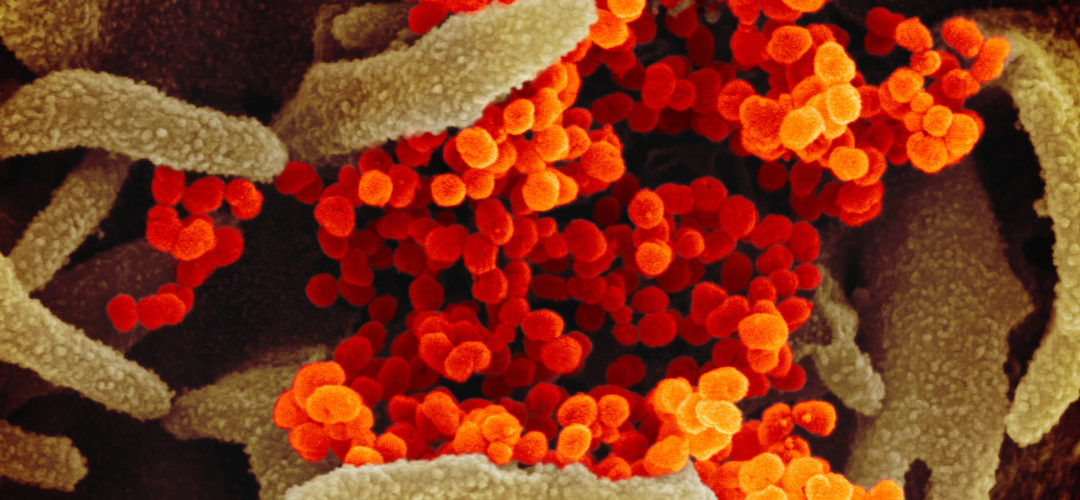IN JANUARY, when scientists in China released the genetic sequence of the novel coronavirus, researchers around the world began the race to develop a vaccine. The press followed along: Updates on tiny, incremental advances in the clinical trial process—largely sourced from preprints (unreviewed first drafts of scientific findings) and drugmakers’ press releases—were magnified as news alerts. Minor and expected setbacks in preliminary studies became major headlines, inciting alarm. As never before, journalists were tracking daily progress on research that typically takes years and is fussed over only by select quarters of academic medicine. The result has sometimes been distortion and whiplash. “Science evolves with the slow accretion of evidence,” Ellen Ruppel Shell, a professor of science journalism at Boston University, said. “But there’s tremendous competition to get that story out. And a lot of the coverage is almost done as if it’s a sports match: ‘Who’s going to be the winner?’ ”
Read more at Columbia Journalism Review.

